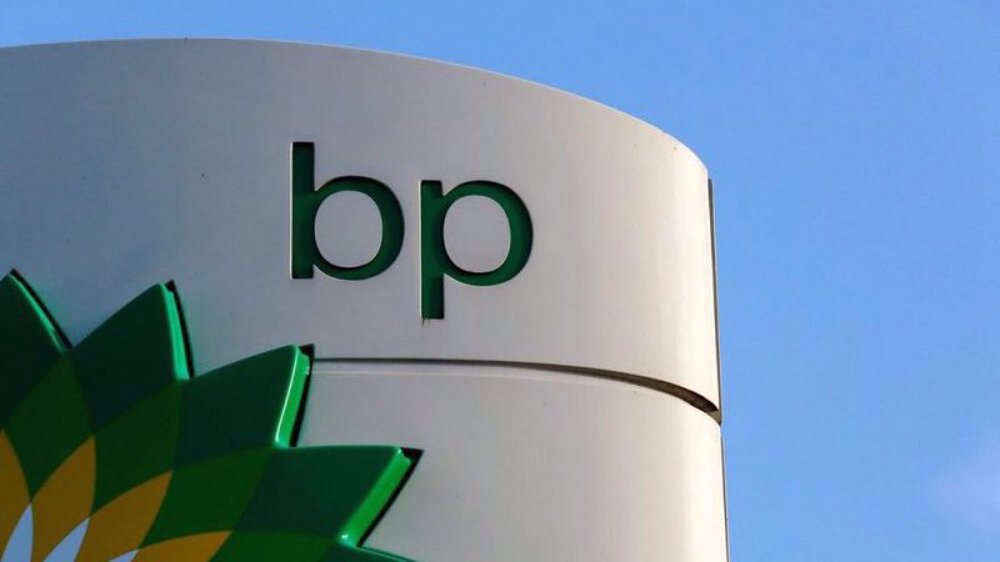Bank of England: UK ‘firmly resists’ EU’s post-Brexit position on swaps clearing
The Governor of Bank of England, Andrew Bailey, has warned the European Union (EU) against attempts to shift trillions of euros in derivatives clearing from Britain to the bloc, saying such a move would be a “very serious escalation” and that it would inevitably draw a UK response.
Clearing is the procedure by which financial trades settle, with the funds being transferred to the seller and securities to the buyer, in a correct and timely manner.
This procedure is dominated by the London Stock Exchange’s LCH (London Clearing House) arm, and after Brexit, EU rules and associated supervisory roles no longer apply to this body.
Accordingly, the EU seeks to reduce the bloc’s reliance on the City of London's financial hub by targeting the clearing channels.
Striking a clear oppositional posture vis-à-vis the EU, Bailey asserted that the so-called location policy of forcing banks and dealers to move clearing business to the EU would be “very controversial.”
He stressed that about 75 percent of the 83.5 trillion Euros in clearing positions at LCH are not held by EU counter-parties and the bloc doesn’t have the inherent right to target them, before adding that Britain would “firmly resist” such moves.
The spat between the Bank of England and the EU is the latest in a long of disputes between the UK and the bloc in the immediate post-Brexit era. Absent a solution to this latest dispute, the City of London potentially risks losing its preeminent position in the global financial markets.
VIDEO | Freelancers in Gaza strive to stay online amid genocide
Mikati demands Israel's withdrawal from south Lebanon
Yemeni army strikes Israeli military sites with drones
‘Clock ticking’: UNRWA slams unjustifiable killing of children in Gaza
BP to be sued in Britain for supplying oil to Israel
VIDEO | Press TV's news headlines
Israeli strikes on north Gaza hospital ‘extremely dangerous, terrifying’: Director
VIDEO | Yemen targets Tel Aviv with Palestine 2 missiles











 This makes it easy to access the Press TV website
This makes it easy to access the Press TV website